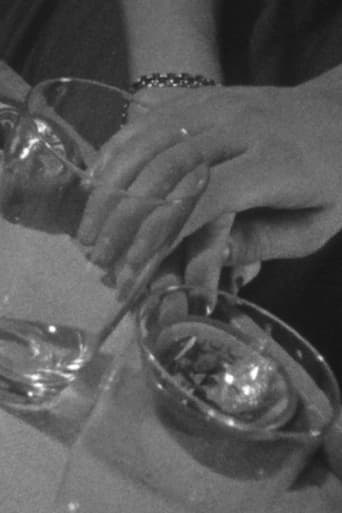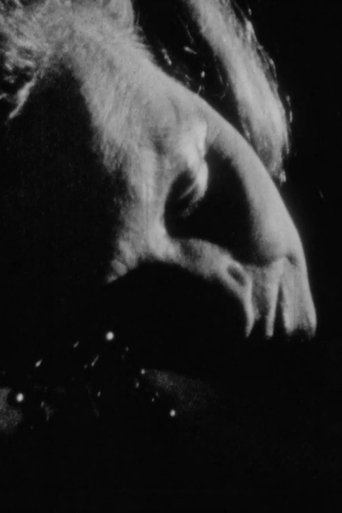Study II: Hallucinations 1952
"Studie II (Hallucinationer)" (Study II (Hallucinations)) (1952), comprises twelve staged scenes that were modelled after a set of drawings. Accompanied by metallic sounds, various body parts, limbs and objects form surrealistic collages against the background of a black space. Peter Weiss intended to create associative images that can not be deciphered completely. Beyond any logical interpretation, he wanted to show pure inner feelings.



